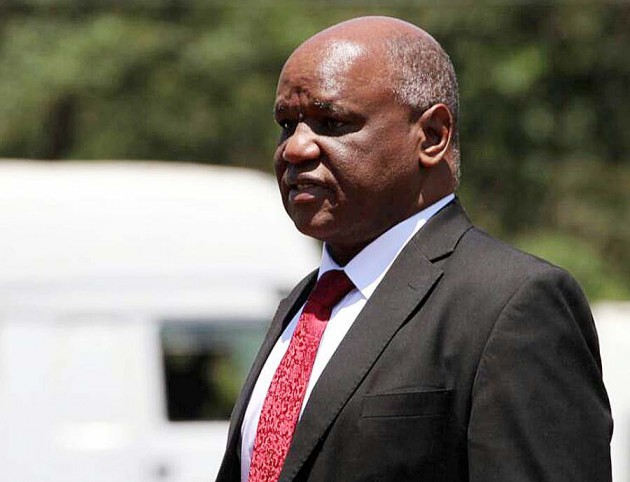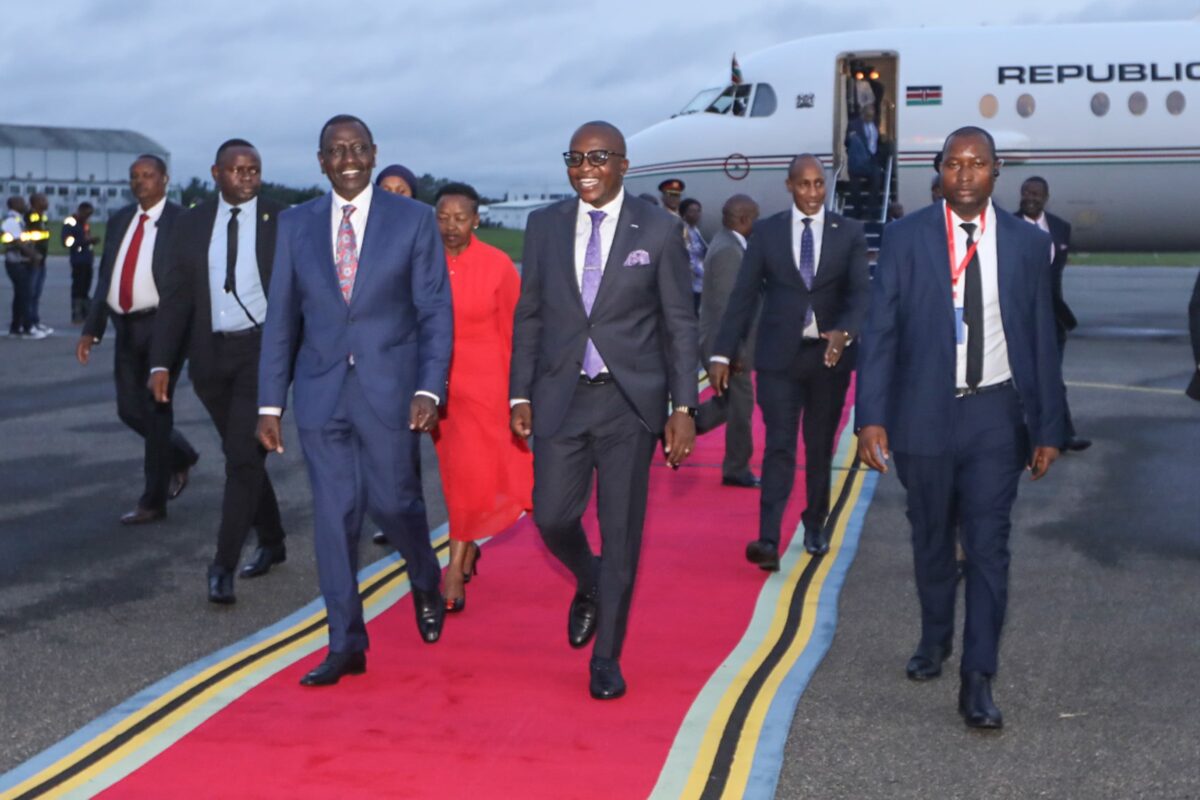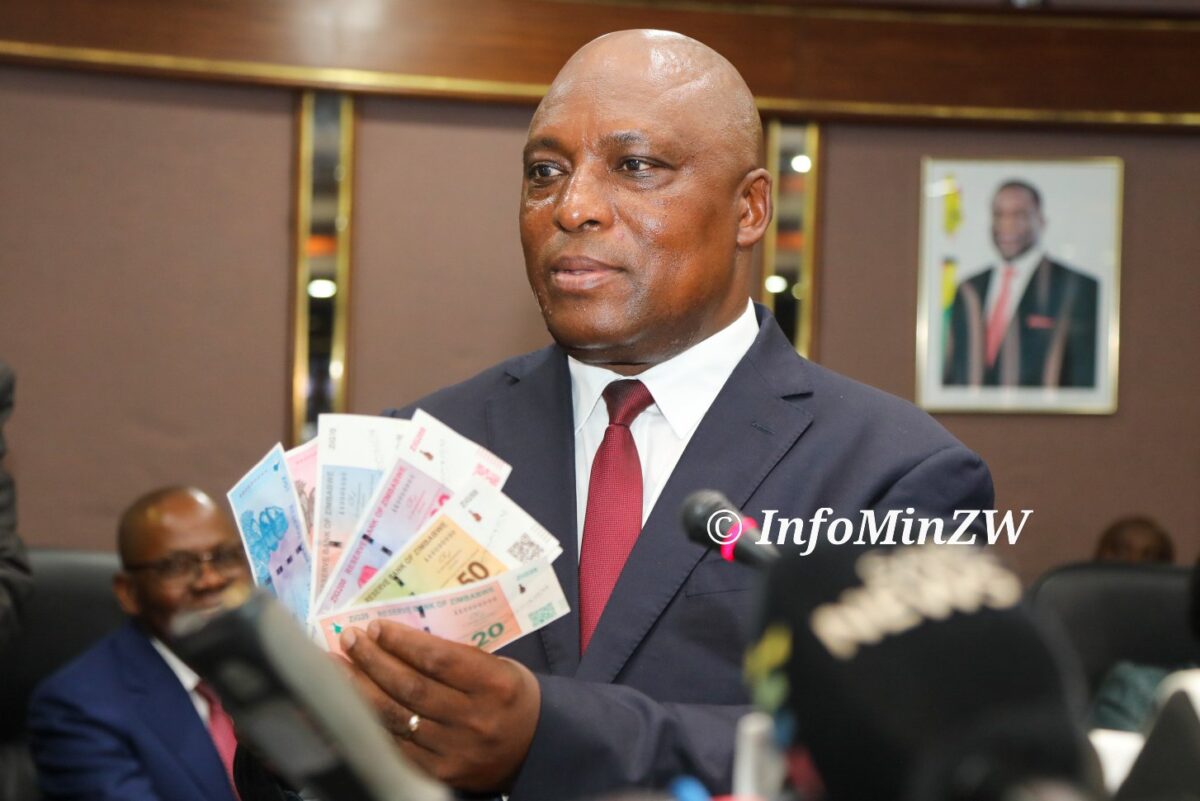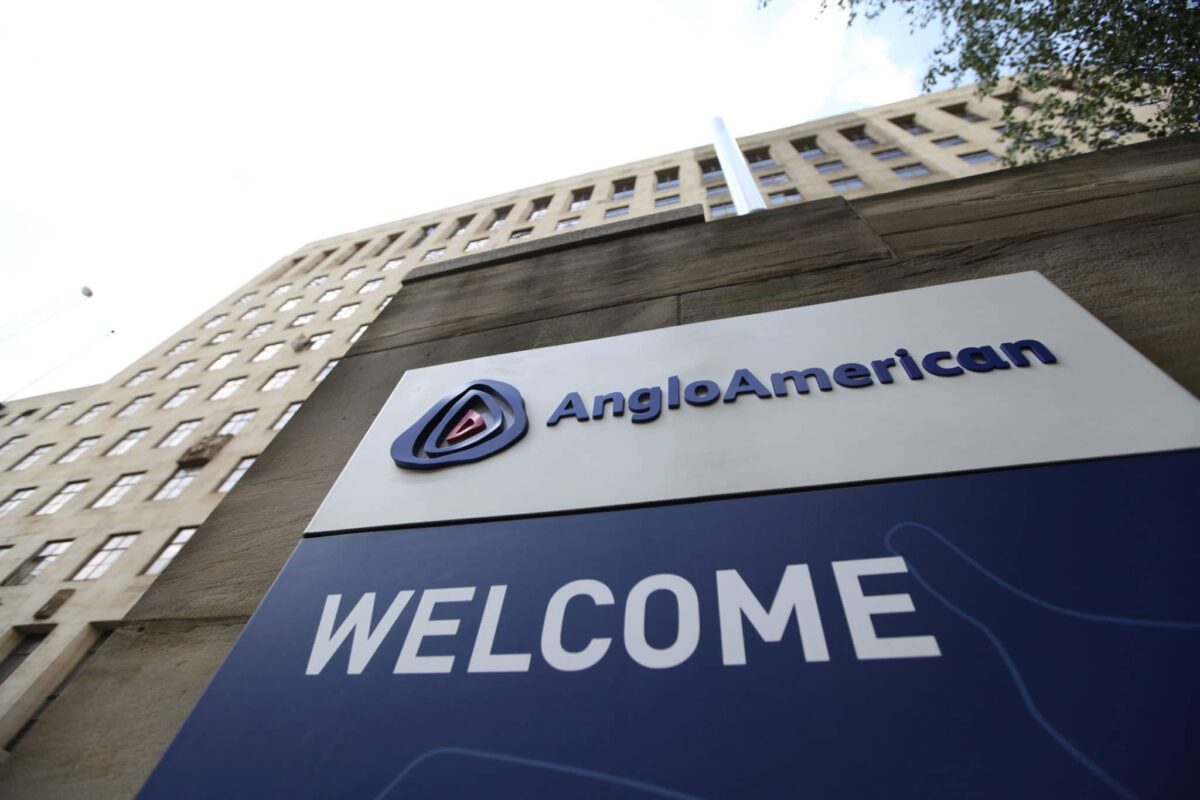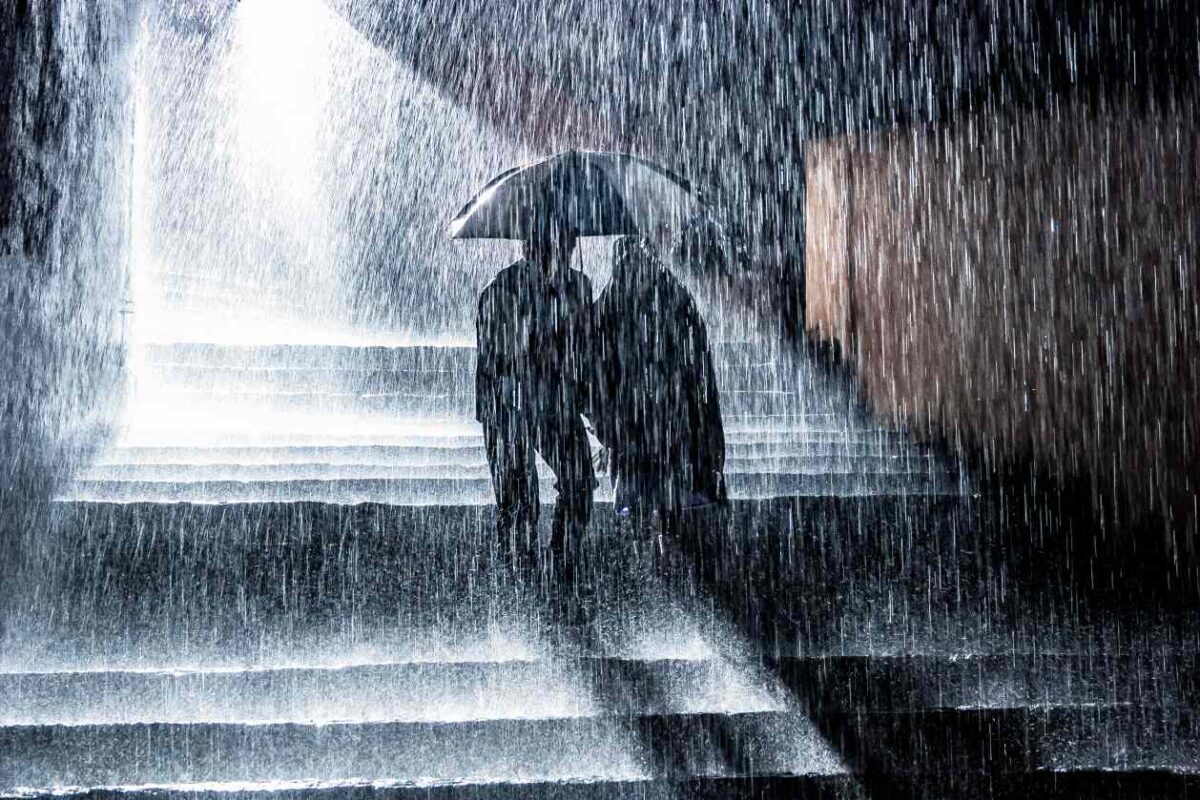HARARE – Chief Justice Luke Malaba’s intended stay in office beyond his retirement age fixed by the constitution adopted in 2013 has created a “constitutional crisis”, a Harare lawyer says in an unprecedented court challenge in which Justice Minister Ziyambi Ziyambi and all the judges of the Supreme Court and Constitutional Court are being sued.
Zimbabwe’s top judge is due to retire on May 15 when he reaches the age of 70, but President Emmerson Mnangagwa’s government says the Constitution of Zimbabwe Amendment (No. 2) Act which was signed into law last week allows the Zanu PF leader to extend the term of judges by five years beyond their retirement age.
On Monday, Musa Kika, a lawyer and executive director of the Zimbabwe Human Rights NGO Forum filed an urgent High Court court application suing Ziyambi and 16 judges.
He argues that the attempt to extend Malaba’s term is akin to a gift or favour, giving the appearance of “judicial impropriety.” In any case, even if the court rules that Mnangagwa can extend the term of judges beyond 70, Kika says the incumbent cannot benefit from such an extension.
Kika, who is represented by Advocate Thabani Mpofu instructed by Cinginkosi Dube of Scalen and Holderness, is seeking a declarator that the 16 judges “hold office until they reach the age of 70 years whereupon they must by operation of law retire.”
He is also seeking an order that “Luke Malaba must or did at midnight on May 15, 2021, cease to hold the office of Chief Justice of Zimbabwe” and that “any action, conduct or deed of Luke Malaba post May 15, 2021, purportedly as the Chief Justice of Zimbabwe is null and void and of no effect.”
The High Court, argues Kika, should proceed to order that Justice Elizabeth Gwaunza, the current Deputy Chief Justice, became or becomes the Acting Chief Justice until Malaba’s successor is appointed, and that Justice Paddington Garwe became or becomes the Acting Deputy Chief Justice until a substantive appointment is made.
Section 186 of the 2013 constitution limited the tenure of judges of the superior courts to 70 years, and Kika argues that section 328(7) of the same constitution provides that an amendment to a term limit provision must not benefit persons holding office at the time the amendment is passed.
Kika further argues that Section 328(9) “insulates the whole section 328 against an amendment, the nature of which is to defeat it in its object” and “it takes a referendum to amend section 328” without which any purported amendments are “null and void and of no force and or effect.”
Kika said the effect of section 328(7) on the tenure of judges of the Supreme Court can only be removed by an amendment to section 328(7), and based on provisions of section 328(9) such an amendment would need to go to a public referendum.
“There is no such amendment, and there has been no referendum. Effectively therefore, there is a declared conflict between section 328(7) and the amendment… If anything that is contrary to law is done, it cannot be valid neither can it be given effect to,” Kika argues.
“I submit in this regard that the law is clear. Whatever else the amendment purports to do, it does not and cannot have the effect of extending the tenure of second to seventeenth respondents (judges). In view of the correct legal position, whether the amendment be valid or otherwise, the fact of the matter is that it cannot benefit the respondents.
“I am aware that second respondent (Malaba) turns 70 at midnight on May 15, 2021. He must in accordance with the law immediately cease to hold the position of Chief Justice of Zimbabwe. This is by constitutional command. Respectfully, second respondent has run his course…”
Kika said the court action caused him “much embarrassment as a Zimbabwean particularly when I have to be required to sue the entire superior court structure”, adding that “a general failure to adhere to the law has caused an unavoidable constitutional crisis.”
“By now, second respondent should have proceeded on leave to make for a proper transitional mechanism… There was such a smooth handover takeover when his predecessor left office. There has been no movement from second respondent’s end even before the bill was signed into law. The impression created is that he had waited for the bill to be signed into law,” Kika argues.
The NGO Forum chief says the matter should be heard urgently because of a real danger that Malaba “may continue in office post-May 15 and that if he does that all his actions would be void, including the administration of the judiciary and the resolution of disputes in court.”
“It is my hope that the distinguished men and women joined to these proceedings are able to overcome the awkwardness associated with their joinder, that they will objectively consider the matter and come to the inevitable conclusion that the joinder is necessary if the constitution of Zimbabwe is to be meaningfully defended,” Kika pleaded.
Malaba was elevated to Chief Justice in March 2017, replacing the late Godfrey Chidyausiku.
His appointment was greeted with hope, but the courts have – under his watch – come under fire for allegedly doing Zanu PF’s bidding with activist magistrates and judges accused of using “lawfare” against Mnangagwa’s opponents.
Malaba faced an unprecedented crisis last year when judges of the High Court openly rejected his directive that he should see their judgements before they are delivered. He withdrew the directive following the outrage.
